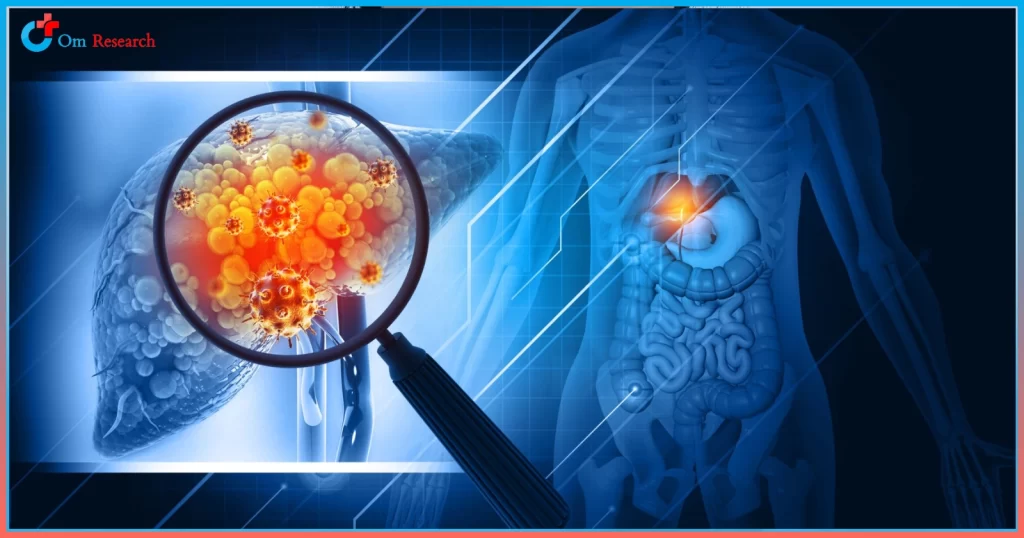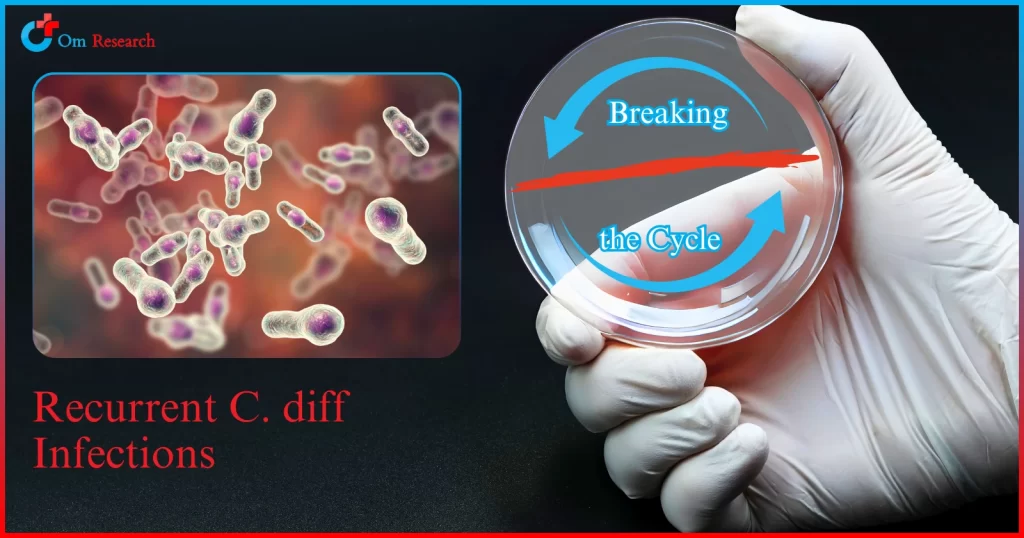Metabolic steatohepatitis (MASH), formerly known as nonalcoholic steatohepatitis (NASH), is increasingly being recognized as an important health problem. As a fatty liver disease, advanced Metabolic Dysfunction-Associated Steatotic Liver Disease(MASLD) affects approximately 5.27% of Americans. It also emphasizes the urgency of treatment.
MASLD causes more liver damage. It often leads to cirrhosis; and in some cases, it can lead to liver cancer. This redefining understanding of MASH emphasizes its metabolic origins. It is closely linked to conditions such as obesity, diabetes, and insulin resistance. As awareness increases, addressing its impact on liver health has become essential to patient care and healthcare advancement. Clinical trials are an important way to explore new treatment options. It promises to unlock treatments specifically designed to target the specific pathology of MASH.
MASLD Symptoms and Risks: Liver Effects and More
MASLD presents with a variety of symptoms that primarily affect liver function. And may cause widespread health risks. Patients with MASH may experience fatigue. Stomach discomfort and increased liver enzymes during routine testing. These early MASH symptoms often go unnoticed. As a result, the disease progresses quietly without the patient noticing.
The general characteristics of MASH are:
Fatigue and weakness: Persistent fatigue is one of the first indicators of liver dysfunction associated with MASH.
Abdominal discomfort: Pain, especially in the upper right side of the abdomen, can be a sign of hepatitis.
Elevated liver enzymes: Higher than normal levels of liver enzymes are common in MASH patients.
Liver enlargement: Dealing with excess fat accumulation can lead to liver enlargement.
As MASH progresses, liver damage accumulates. Leads to more serious health risks. Including cirrhosis, liver failure, and possible liver cancer, untreated MASH can accelerate the progression of cirrhosis. It emphasizes the importance of early management of MAFLD symptoms. Limited treatment options make clinical trials important to understand how to halt the progression of MASH and reduce these serious health risks.
Addressing MASH Therapy Challenges: Why New Therapies Are Needed?
One of the main challenges in treating Metabolic Dysfunction-Associated Steatotic Liver Disease (MASH) is the lack of approved, targeted treatments. Current methods rely heavily on lifestyle changes, such as diet and exercise. These strategies can help address the metabolic roots of MAFLD symptoms. However, they may not be able to stop the progression of the disease completely. This is especially true in advanced cases.
The complexity of MASH is linked to a broad spectrum of metabolic health problems, such as obesity and diabetes. A treatment that addresses the mechanisms of the disease is required.
The lack of a specific medical treatment, which only provides temporary relief, highlights the need for new treatment options. With well-designed MASH clinical trials focusing on the metabolic abnormalities that drive MAFLD, researchers hope to identify innovative treatments that can provide a lasting solution for MASH patients.
The Important Role of Clinical Trials in the Advancement of MASH Treatment
Clinical trials are to advance the treatment of metabolic fatty liver disease (MASH). These research studies provide a structured environment for testing new therapies aimed at preventing MAFLD and related complications.
Clinical trials exploring innovative treatments aim to provide treatments specifically tailored to the specific pathology of MASH. These trials will not only increase knowledge about metabolic abnormalities in liver disease but also provide detailed insight into other liver conditions.
Why Participating in MASH Clinical Trials Can Be Beneficial
Participation in clinical trials for Metabolic Dysfunction-Associated Steatotic Liver Disease (MASH) offers many benefits to patients. When participating in these experiments, participants will often have access to the latest treatments under development before they are available to everyone. For MASH patients, this means access to more individualized and effective treatment options. It targets MAFLD symptoms, liver health, and metabolic balance.
Participants also receive close medical supervision from health professionals throughout the study. It is to ensure that their health and safety remains our number one priority. Patients in clinical trials can also participate in advances in potential life-saving treatments. Not only for patients with MASH but also for future patients affected by liver disease and metabolic disorders. With limited approved treatments. The MASH clinical trial offers a unique opportunity to participate in research that could transform the treatment of liver disease.
Om Research’s Commitment to Ethical and Effective MASH Clinical Trials
At Om Research, conducting safe, ethical, and effective clinical trials is at the heart of our mission. This is especially true in complex conditions such as Metabolic Dysfunction-Associated Steatotic Liver Disease (MASH). As a trusted clinical trial organization based in California, Om Research strives to advance MASH research by collaborating with leading medical experts, pharmaceutical companies, and research institutions.
Our tests meet strict regulatory standards to ensure patient safety, data integrity, and reliable results. With a focus on ethical patient care, Om Research supports trial participants with resources and guidance. Create an environment of respect and commitment to advancing liver disease treatment. By participating in the MASH clinical trial, patients will have access to potential therapies and participate in shaping the future of liver disease management.
How to Participate in Om Research’s MASH Clinical Trial
At Om Research, we make participating in a Metabolic Arthritis-Associated Steatohepatitis (MASH) clinical trial a straightforward and convenient process. Interested patients can begin by contacting us to discuss eligibility requirements and testing details with our healthcare specialist team.
Once the qualifications are confirmed, participants will be guided through every step of the registration process. This includes scheduling the initial assessment and understanding the study protocol. For people living with MASH or MAFLD and looking for active treatment options, enrolling in a clinical trial is a path to participation in medical research. Om Research is ready to support each participant throughout the process to ensure a good experience.
MASH Clinical Trials in Victorville – Apply Now
MASH Clinical Trials in Apple Valley – Apply Now
MASH Clinical Trials in Camarillo – Apply Now
MASH Clinical Trials in Lancaster – Apply Now
Conclusion: There is hope in the Treatment of MASH.
As Metabolic Dysfunction-Associated Steatotic Liver Disease (MASH) has become a growing health concern, Clinical trials are therefore critical to discovering and validating new treatments. Through participation in MASH clinical trials, patients contribute to advancing research. This paves the way for treatments that could transform the management of liver disease.
Om Research is committed to ethical, innovative, and patient-centered trials. It aims to bring hope to those affected by MASH through a shared dedication and vision for research for a healthier future. We can drive important progress in the fight against MASH and other liver conditions.



